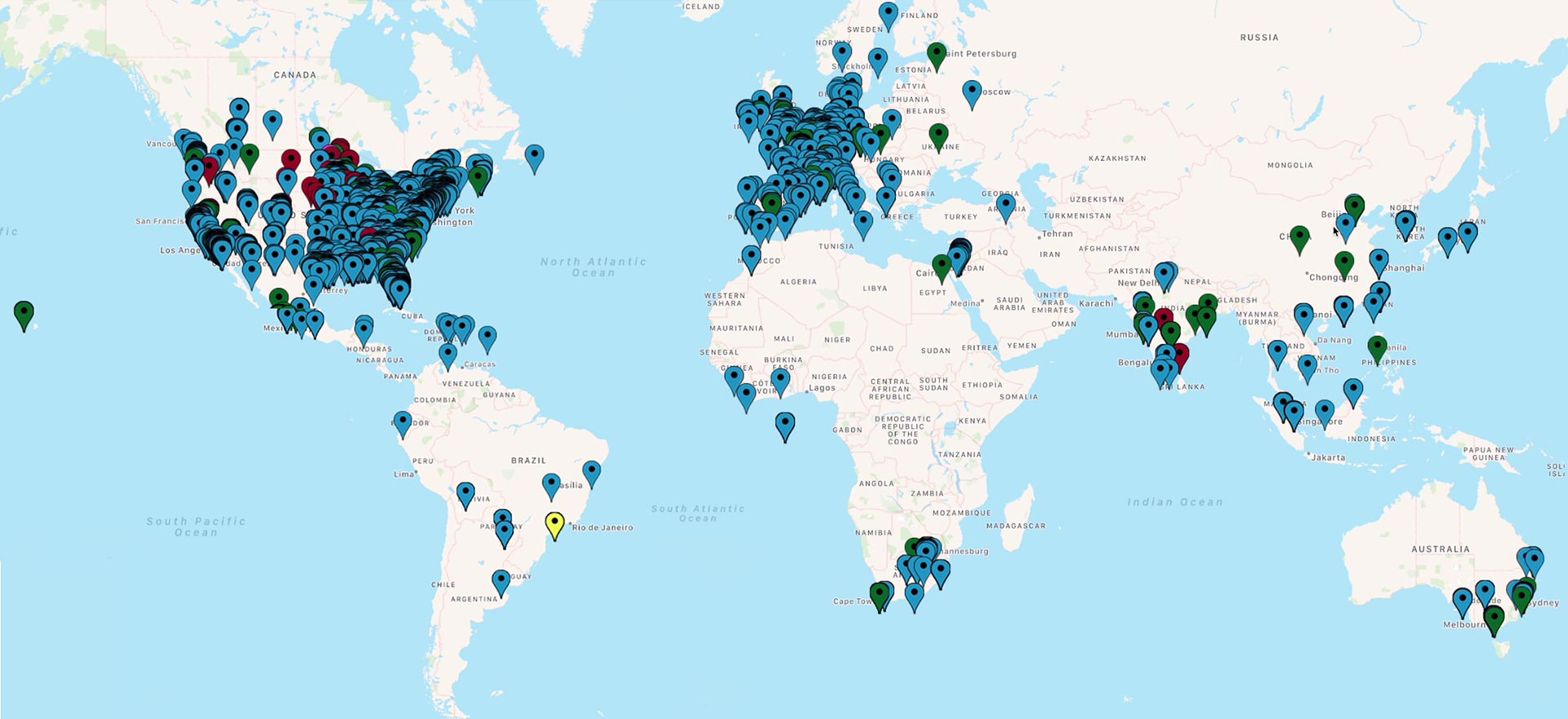
-
8 Elements Your RTSM System Should Have
How do you optimize and unify your randomization and supply management workflow? Dive into this post to learn which functions your RTSM system should have.
-
Crucial Data Solutions’ eClinical Platform Reaches 10,000 Users
The first quarter of 2019 has brought about a meaningful milestone for Crucial Data Solutions. Users of TrialKit’s web-based eClinical platform and native mobile app have surpassed the 10,000 mark.
-
IWRS Now Available on TrialKit for Seamless Randomization and Supply Management
Clinical research professionals now have the ability to incorporate IWRS functionality into their workflow with TrialKit’s recent update.
-
Improve Data Collection with These Tips for Electronic Case Report Form (eCRF) Design
In this post, we reveal some tips and techniques for designing powerful and purposeful CRFs that fuel accurate data collection.
-
Recapping 2018 at Crucial Data Solutions
As we bid farewell to 2018 and begin rounding the corner to 2019, we find ourselves reflecting on all we’ve achieved this year. Our team enjoyed supporting research professionals worldwide as they built studies, deployed to sites around the globe, and continued to efficiently collect data using the platform’s latest technologies.
-
Apple’s Face ID Security Available in Mobile App for Clinical Trial Management
TrialKit, an app for electronic data capture (EDC) in clinical research, now employs the use of facial recognition technology for easier and more secure user authentication.
-
What You Need to Know About Validation in Clinical Data Management
Leveraging technology tools can make your research study validation significantly more efficient and accurate. Read on to find out which software features can help you validate with ease.
-
How to Shorten the Duration of a Clinical Study Build
Shaving time off the trial design and study build process enables research teams to dedicate more resources to other important tasks. Discover some of the ways to accomplish a shorter study build in this post.
-
TrialKit, Native App for EDC and ePRO, to be Available for Android Devices in September
Fully-featured eClinical app, TrialKit, will soon be released on Google Play by Crucial Data Solutions, making clinical data collection and management possible on the majority of smartphones available today.
-
Implementing Risk-Based Monitoring in Your Clinical Trial Processes
Interested in making the transition from traditional site monitoring to a risk-based monitoring model? We shed some light on the topic in this blog post.






